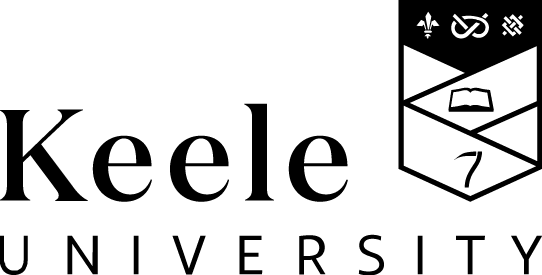A Comprehensive Guide in Selecting Top Data Science Courses
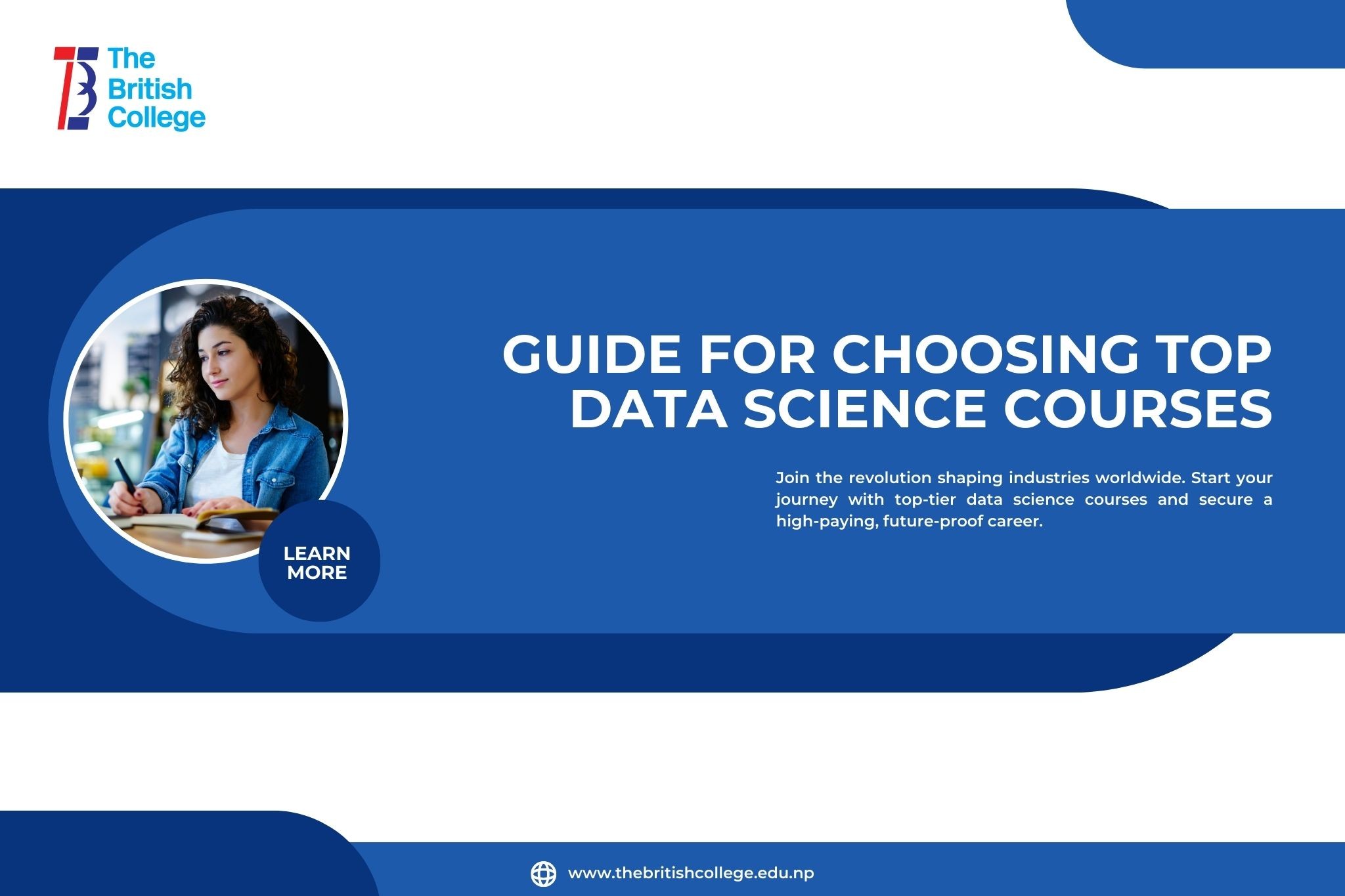
Data science is emerging as one of the most sought-after fields in the current IT job market. Since organisations across multiple industries are heavily relying on data-driven decision-making, there has been a surge in the demand for skilled data science professionals. Whether you are an aspiring data scientist or looking to dive into the data science world, selecting from top data science courses provided by the top universities significantly impacts your career trajectory.
This guide will assist you in understanding the importance of a data science career and help you gain insights into all of the top data science courses and degrees you can obtain from well-reputed universities.
Why Pursue a Career in Data Science?
Data science has solely been transforming numerous industries by enabling businesses and organisations to harness the power of data necessary for gaining insights and innovating purposes. A career in data science offers students excellent job prospects with a high earning potential together with various opportunities to work with cutting-edge technologies.
The Rising Demand for Data Science Professionals
Recently, the demand for data science professionals has been growing at an exponential rate, with various companies across numerous sectors leveraging data to enhance their strategic decision-making processes. There are several factors that contribute to this rapid rise of data science:
- Data-Driven Economy: Organisations worldwide are relying on data analytics for optimising their operations and improving customer experience. Such optimisation is crucial for driving revenue and has a significant impact on the profits of the business.
- AI & Machine Learning Integration: With the adoption of artificial intelligence and machine learning, there has been a surge in the need for skilled data scientists who have the skills to develop intelligent systems.
- Expanding Job Market: The demand for data scientists is on such a rise that the demand significantly outpaces the supply needed to satisfy the industry requirements. This is excellent for recent graduates as it ensures lucrative job opportunities within the country and worldwide as well.
- Cross-Industry Applications: There are numerous industries from healthcare and finance to retail and marketing that require data science professionals. As data science continues to become a vital component in various sectors, data science professionals will continue to be in demand.
Benefits of a Data Science Degree
There are numerous benefits of pursuing one of the top data science courses, which include:
- Higher Salary Potential: Graduates from top data science courses at well-reputed universities have a high chance of securing high-paying positions. This is due to the specialised knowledge and skill set of the students that has been honed by the courses.
- Comprehensive Curriculum: Structured learning with in-depth courses that cover statistics, programming, machine learning, and big data technologies are offered by well-renowned universities. Students get to experience a well-rounded education that prepares them with all the necessary skills for future employment.
- Industry Recognition: Securing a degree from a prestigious institution or university enhances credibility together with an increased chance of employment in the top companies worldwide. Well-established institutions have strong alumni which can provide recent graduates with more opportunities.
- Hands-On Experience: Students receive hands-on experience through involvement in projects, case studies and internships. This allows students to apply theoretical concepts learned in the classrooms to real-world scenarios.
- Networking Opportunities: Being part of the top data science courses comes with its benefits such as access to a strong professional network including alumni, top faculty and industry experts.
By understanding such aspects, students can make an informed decision about the data science course they choose and their chosen institution making sure that both align with their career goals and aspirations.
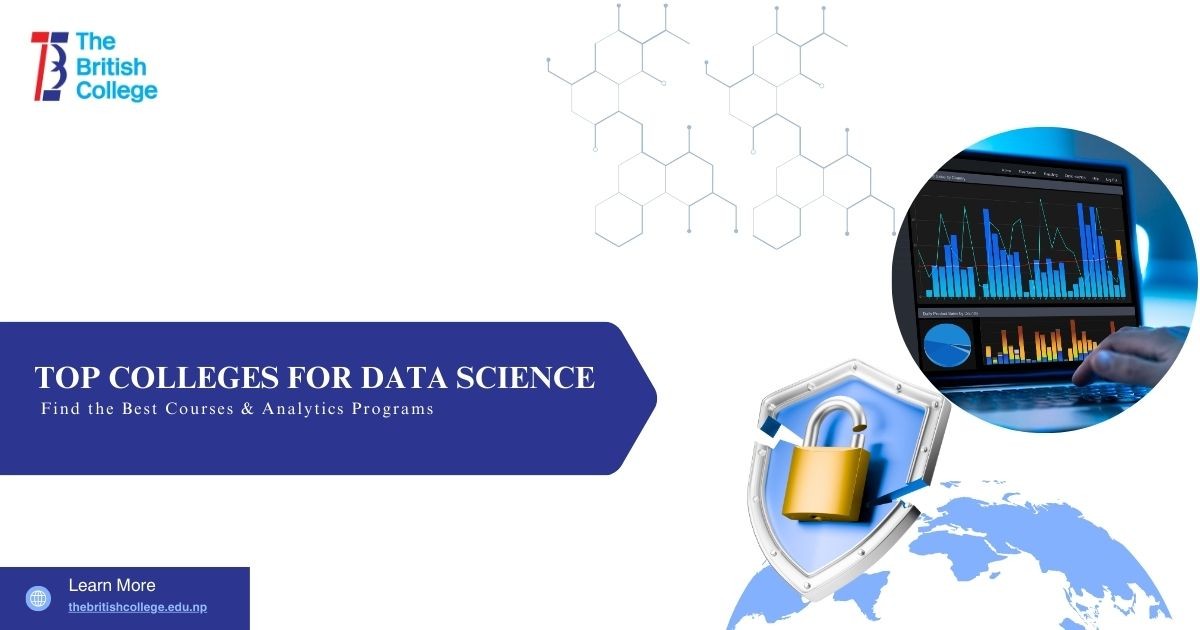
Top Data Science Courses to Boost Your Career
Whether you are new to data science or a professional looking to advance your current skills, choosing the right courses can help you gain expertise and stay ahead of others in the field. Below are some of the best foundational and advanced top data science courses outlined to give you an overview of courses that can elevate your career.
Foundational Data Science Courses: Data Science Major
- Data Science Principles - Harvard Online: Data Science Principles is an online course that is provided by Harvard Online which provides you with an overview of data science. The code provides a code-free and maths-free introduction to prediction, causality, data wrangling, privacy, and ethics.
- Foundations of Data Science - Coursera: The foundations of the data science course provided by Coursera is a part of the Google Advanced Data Analytics Professional Certificate provided by Google. You will learn data science concepts, common careers and industries using data analytics, the impact of data analysis and more.
Advanced Top Data Science Courses
- BSc (Hons) Data Science - The British College: The BSc (Hons) Data Science is a programme offered by The British College that is run in partnership with Keele University, UK. The programme explores the theoretical underpinnings of the data science discipline and places an emphasis on practical data analytics, computer programming, and software development
- Advanced Data Science Certificate Program - Northwestern: This program is for students who have completed a graduate degree in Data Science, Predictive Analytics or a related field. This certificate offers students a unique and in-depth exploration into the various industry-based applications of their specific skill set and provides an opportunity to pursue concentrations in analytics fields.
Data Science and Big Data Analytics: Understanding the Connection
Data science and big data analytics are closely related fields that are crucial in the modern world driven by data. Data science focuses on the extraction of insights and building models for prediction, while big data analytics involves the processing and analysis of large amounts of data in an efficient manner. Getting a better understanding of this connection helps organisations leverage data for better decision-making and innovation.
What is Big Data Analytics?
Big data analytics involves the process of examination of large and complex datasets that are often too vast for using traditional data processing software and methods for uncovering patterns, correlations, trends, and insights. Big data analytics is a field that utilises advanced statistical methods together with machine learning and data visualisation techniques in turn helping businesses and researchers to make informed decisions.
Some of the major characteristics of big data include:
- Volume: There are massive amounts of data from various sources, such as social media, sensors and even records such as transactions, that are being generated every second at an exponential rate.
- Velocity: The speed of data creation is rapid and the need for this data to be processed in real time is equally great.
- Variety: There are numerous formats in which data is present including structured formats such as databases or semi-structured structured such as JSON or XML and even unstructured such as text, images, and videos.
- Veracity: Data quality and accuracy should be ensured and is critical for meaningful analysis to be done.
Big data analytics has a vital role in numerous industries such as healthcare, finance, retail, and manufacturing. Methods such as predictive diagnosis for healthcare, fraud detection for finance, and supply chain optimisation for manufacturing, can be used.
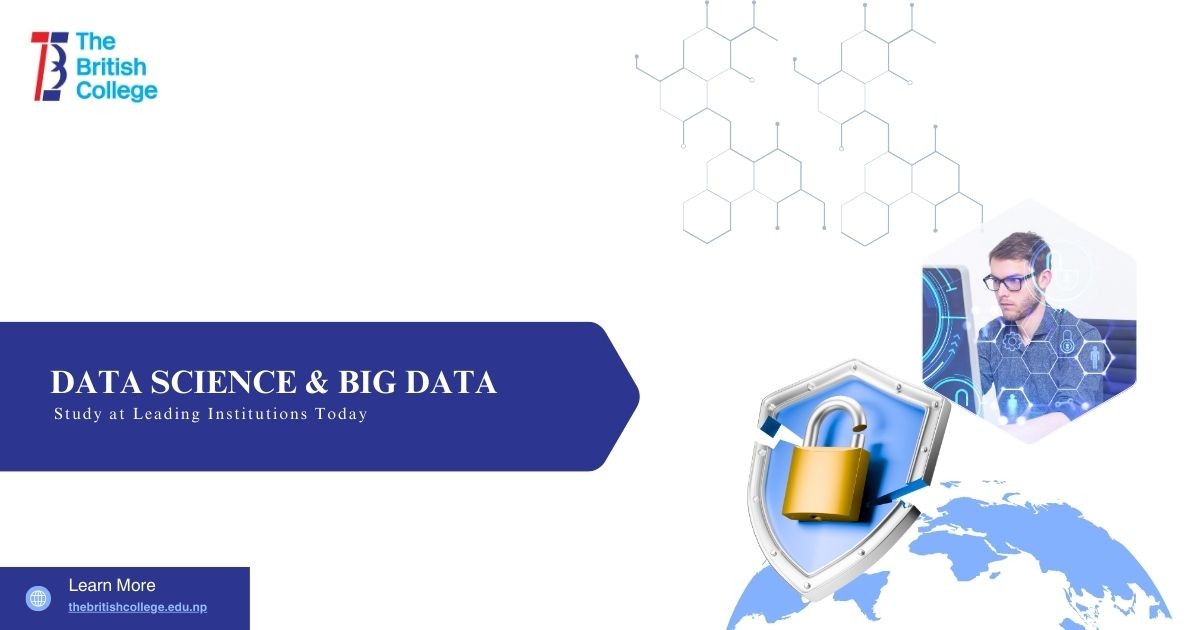
How Data Science and Big Data Analytics Work Together
Data science and big data analytics work together and provide deeper insights for solving complex problems present in businesses. Gain a better understanding of how they work together:
- Data Collection and Processing: With the help of big data analytics, it enables organisations to collect, store, and efficiently process vast datasets. Data science then works in the extraction of valuable insights using techniques involving statistics and machine learning.
- Predictive Modelling: Through predictive algorithms of data science applied to big data, it can help in forecasting trends, detecting anomalies and in turn optimising the processes.
- Real-Time Decision: Using big data tools, vast amounts of streaming data can be processed while data science models can use this data and provide real-time recommendations. For example, fraud detection in the banking sector and personalised recommendations on Netflix.
- Automation and AI Integration: Numerous AI applications are reliant on big data analytics for refining their performance over time. Applications such as recommendation engines and chatbots involve such methods.
Real-World Applications
- Healthcare: Big data analytics is used in hospitals to track patient records and data science can be used for predictive models for early disease detection.
- E-Commerce: Various platforms such as Amazon use big data to analyse their customer behaviour and use data science in recommending relevant products.
- Finance: Banks also use big data analytics in fraud detection systems and utilise data science that helps in creating risk assessment models.
Tools and Technologies for Data Science and Big Data Analytics
- SQL and NoSQL Databases: SQL databases such as PostgreSQL and MySQL are used to store structured data, whereas NoSQL databases such as MongoDB and Cassandra can handle unstructured or semi-structured data.
- Hadoop: Hadoop is an open-source framework which is used for distributed storage and processing of vast datasets.
- Apache Spark: Apache Spark is a powerful big data processing engine that enables for real-time analytics and the application of machine learning.
- Google BigQuery: Google BigQuery is a cloud-based warehouse for the analysis of massive datasets by using similar queries to that of SQL.
- Tableau: Tableau is a data visualisation tool that helps in converting raw data into dashboards and reports that are interactive and hence easily understandable.
- Python and R: Popular programming languages such as Python and R are widely used for statistical analysis, data manipulation and machine learning.
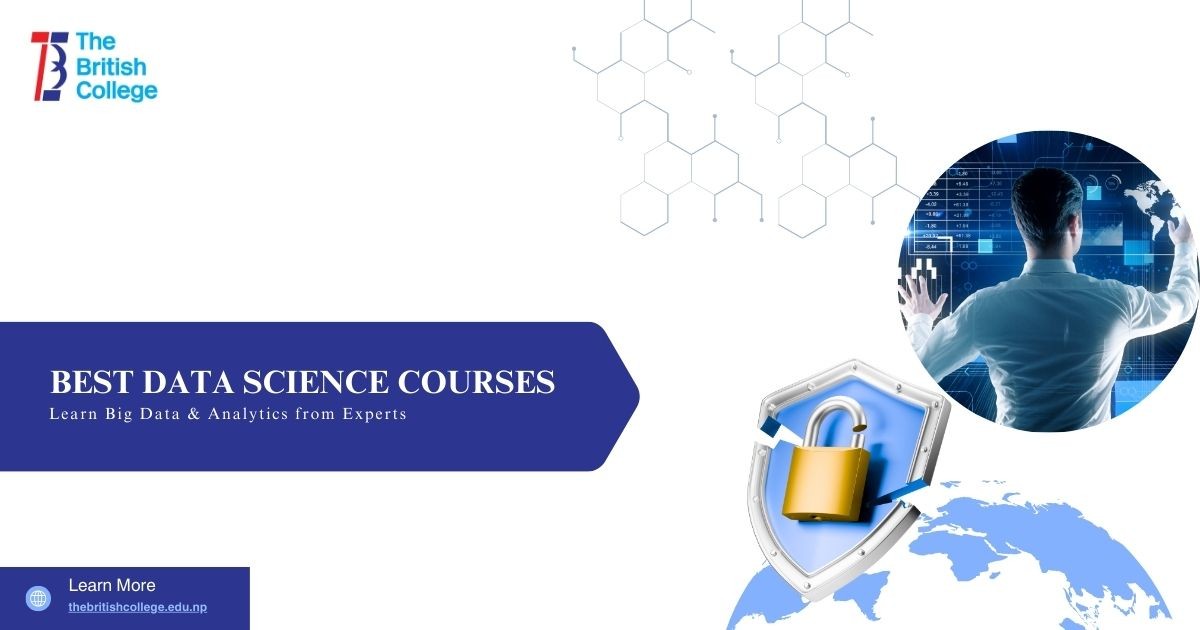
What is a Data Science Major? What to Expect
A data science major is a program that provides a combination of mathematics, computer science, and domain-specific knowledge that ensures students get equipped with the ability to extract insights from data. Such a major prepares students for promising careers in a wide variety of industries that rely on data-driven decision-making which includes finance, healthcare, technology, and marketing to name a few.
Core Subjects in a Data Science Major
Top data science courses include a diverse curriculum and range of subjects for building a strong foundation in the fields of analytical thinking, programming, and statistical modelling. Some of the most common core subjects can include:
- Programming: Courses in programming languages such as Python, R, and SQL are vital in data science as they teach students how to manipulate and analyse data efficiently. Programming is an integral part of data science and should be focused on by all institutions and educators.
- Statistics and Probability: Gaining an in-depth understanding of statistical methods and probability distributions is crucial in the field of data science and essential for data analysis and predictive modelling.
- Machine Learning: Students are taught how to build algorithms that allow computers to identify patterns and enhance their ability to make decisions with minimal human interaction or intervention.
- Data Visualisation: Various tools such as Tableau, Matplotlib and Power BI are integrated into courses for teaching students to present the gathered insights in an effective way.
- Big data Technologies: Exploration of data storage and processing techniques with the help of Hadoop and Spark for managing large datasets.
- Database Management: Understanding relational databases and cloud computing services such as AWS and Google BigQuery are essential for handling data at a large scale.
- Ethics and Data Privacy: With the emergence of concerns related to data security, there is a need for data science students to also learn about the ethical considerations and the present privacy laws such as GDPR and CCPA.
Skills You’ll Gain from a Data Science Major
Data Science students enrolled in top data science courses receive a wide variety of technical skills accompanied by various soft skills, all of which are highly valued in the job market. These skills can include:
Technical Skills
- Data Analysis and Manipulation: Students gain the skills necessary for cleaning and processing together with interpreting large datasets.
- Machine Learning and AI Implementation: Students learn to develop predictive models using supervised and unsupervised learning techniques. Implementation of artificial intelligence techniques is a necessary skill for a data science major.
- Data Visualisation: Data visualisation is also a crucial skill for creating dashboards and reports which helps in communicating findings in an effective manner.
- Statistical and Mathematical Modelling: The application of probability, regression analysis, and hypothesis testing for data-driven decisions is a core skill for data science students.
- Programming Proficiency: Students become proficient in writing efficient code in Python, R and SQL for data processing and automation processes.
- Big Data Handling: Students get experienced in working with large-scale datasets using tools such as Hadoop, Spark and other necessary cloud-based platforms.
Soft Skills
- Critical Thinking: Analysing complex problems and making data-driven decisions is a crucial skill needed in any career.
- Problem-Solving: The application of logical reasoning and data science methodologies for tackling real-world problems and challenges is a necessity.
- Communication: Communication skills play a vital role in the explanation of the technical findings to non-technical stakeholders for clarity and impact reasoning.
- Collaboration: Working together with cross-functional teams in business, engineering, and product management is important. Thus honing this skill for working together with multiple people and departments will reap numerous benefits in the corporate world.
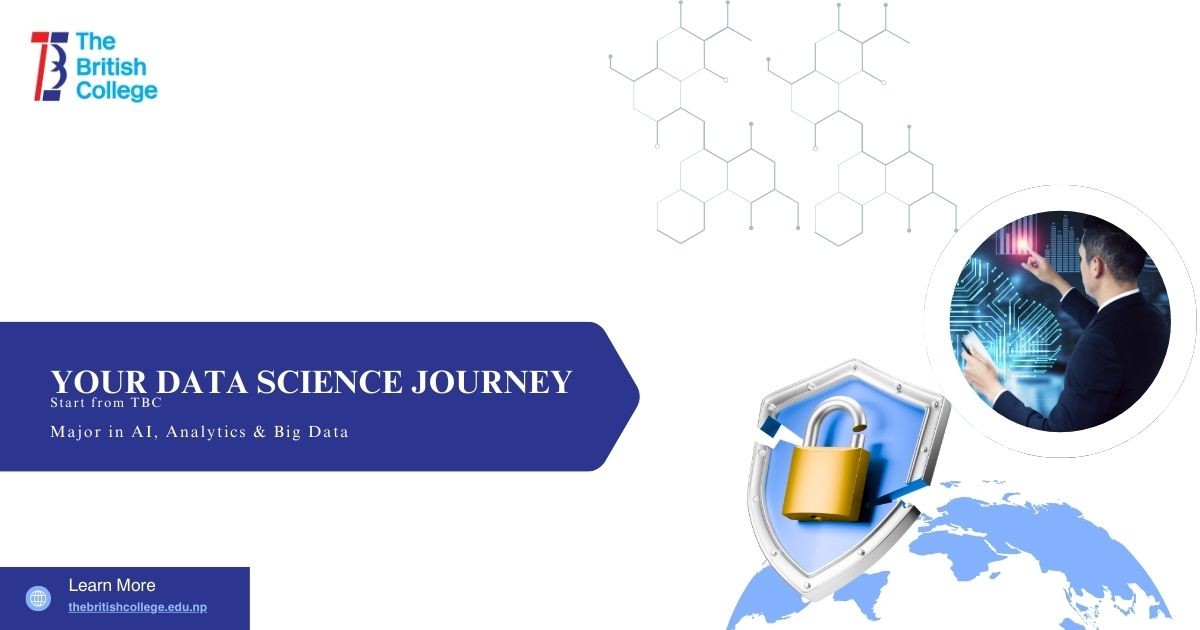
Career Paths for Data Science Graduates
A data science degree from top data science courses opens doors to a variety of career opportunities across multiple industries. Some of the most common roles include:
- AI Researcher: An AI researcher works primarily on artificial intelligence and deep learning models for various innovative applications.
- Data Scientist: The purpose of a data scientist is to design and implement machine learning models together with predictive analytics and AI solutions to extract the necessary valuable insights from large amounts of data.
- Data Analyst: A data analyst focuses on interpreting datasets, creating reports, and identifying trends that assist in making data-driven business decisions.
- Business Intelligence (BI) Analyst: BI Analysts undertake the task of working with BI tools to generate actionable insights and reports for strategic planning.
- Machine Learning Engineer: ML engineers develop and optimise machine learning algorithms for the creation of applications such as recommendation systems or even fraud detection systems.
- Data Engineer: The building of data pipelines, optimisation of storage solutions and ensuring seamless data processing for analytical teams are the main responsibilities of a data engineer.
Comparing Data Science Programs: Online vs. On-Campus
Choosing between an online course and an on-campus data science course can be a challenging task. Both provide students with unique advantages and drawbacks that depend on learning styles, career goals and circumstances. This section helps you explore the key features together with the differences of each format, thus assisting you in making an informed decision.
Pros and Cons of Online Data Science Programs
Online top data science courses and programs have gained immense popularity due to mainly flexibility and accessibility reasons. Some key benefits and drawbacks of opting for an online course can include:
Pros:
- Flexibility: Choosing an online course provides you with the leverage of studying at your own pace while matching your schedule and daily routine. For students who are working professionals or with personal commitments, this flexibility is extremely attractive.
- Cost-Effective: Programs online are generally more affordable than their alternative physical on-campus programmes. The tuition fees are significantly lower and other expenses such as commuting or relocation are saved, making this a more affordable option for many students.
- Global Access: Students get the opportunity to enrol on numerous courses from top-tier universities from anywhere in the world. Getting access to education remotely can help students get quality education that meets the highest standards.
- Diverse Course Options: Online courses offer a wide variety of courses and domains to choose from. The freedom of choice and the ability to choose a course of your interest makes online programs persuasive.
Cons:
- Limited Networking Opportunities: Choosing an online program leads to very few chances of building in-person relationships with lecturers, peers and industry professionals as well.
- Fewer Hands-On Experience: There are fewer chances of gaining hands-on experience for an online student as there may be a lack of practical lab sessions which makes it relatively harder to gain real-world exposure.
- Self-Discipline Required: Online programs demand strong motivation and time management skills from students to ensure that they stay on track on their learning.
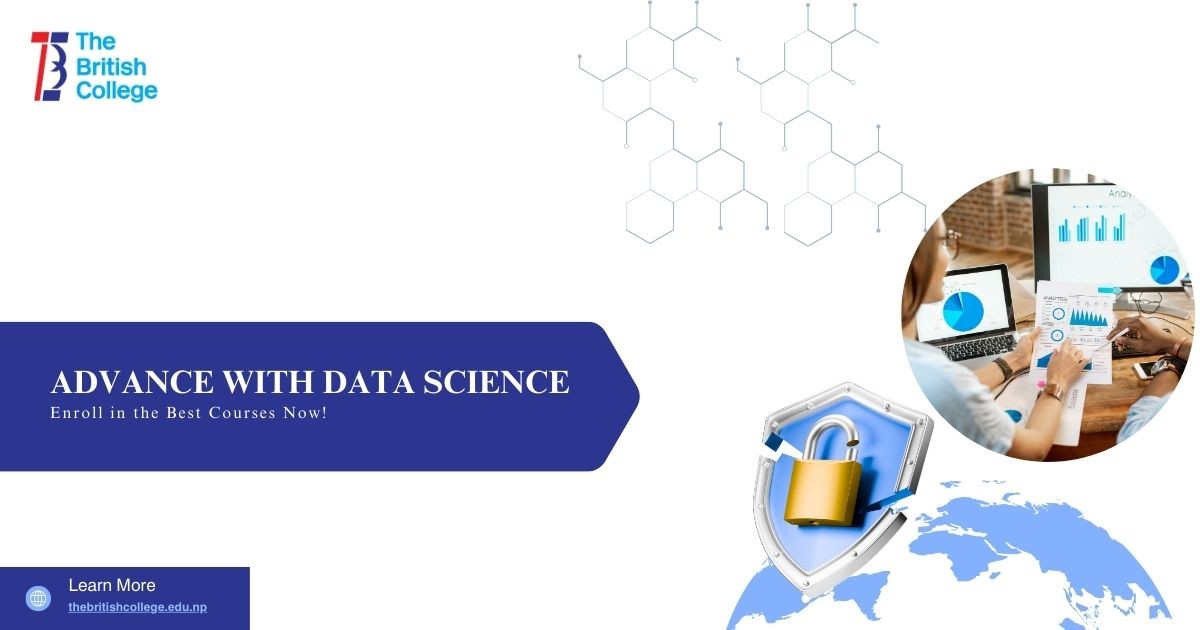
Pros and Cons of On-Campus Data Science Programs
Top data science courses that are 'on-campus' provide students with a more immersive and interactive learning experience with structured coursework together with direct engagement with various faculty and peers.
Pros:
- Networking Opportunities: With regular interactions with classmates. lecturers and industry professionals, choosing to enrol on an on-campus program provides students with stronger networking opportunities and helps in building a valuable professional network.
- Hands-On Experience: Students are provided with full access to research labs, and real-world projects together with multiple internship opportunities for enhancing their practical skills.
- Structured Learning Environment: An on-campus program provided by universities has fixed schedules and direct guidance from all of the faculty that ensures better accountability and discipline from students.
- Collaboration and Teamwork: Opportunities for working on group projects and collaborating with multiple people foster teamwork and critical problem-solving skills. Such collaboration is ample in university programs.
Cons:
- High Costs: An on-campus course program is relatively more expensive compared with online courses. With expensive tuition fees, accommodation costs and other expenses add up to making the total costs higher.
- Less Flexibility: Fixed class schedules may not be ideal for every student, especially students with full-time jobs or other responsibilities. On-campus courses have fixed schedules that are not flexible.
- Location Constraint: An ideal university or institution that provides your chosen course together with great infrastructure may make you relocate and move to another state or even country.
In conclusion, the best choice depends on your lifestyle, career aspirations and financial situation equally. Evaluate your options carefully and select a course type that would suit your needs and circumstances after doing thorough research.
Top colleges offering data science course in Kathmandu
There are numerous colleges offering data science courses in Kathmandu. Due to the progression of IT and the adoption of data-driven methods and decision-making, data science has become an integral part of every business. Thus, the demand for data science graduates has been at an all-time high in Nepal, forcing colleges to offer top data science courses to meet the demands of the market.
The British College
The British College provides top data science courses in Nepal. As the courses are affiliated with foreign universities, students will also receive a foreign degree and certification while never having to leave the country. With courses that meet the highest industry standards and top-notch infrastructure, TBC is a great choice for students thinking of pursuing a data science course in Nepal or other IT courses. The data science program offered includes:
- BSc (Hons) Data Science - This course is run in partnership with Keele University, UK and has been designed for students with an interest in applying data science and computing to a wide range of theoretical and real-world problems. The programme explores the theoretical underpinnings of the data science discipline and places an emphasis on practical data analytics, computer programming, and software development.
Kathmandu University
Kathmandu University is a university in Nepal that offers a multitude of courses that is under the affiliation of Tribhuvan University and provides high-quality education in Nepal. KU is a great alternative for choosing top data science courses if you do not want to pursue a foreign degree in Nepal and can be a great choice if you want to infiltrate the local job market. The data science program provided by Kathmandu University includes:
- Bachelor of Data Science (BDSc): The Bachelor of Data Science (BDSc) was introduced to Kathmandu University in August 2024. This program integrates research activities, discussions, lectures, and teaching at various levels for the enrolled students. The main objective of this course is to produce future Data Scientists who are proficient in utilising statistics, advanced analytics, and machine learning across various disciplines with the expertise needed to tackle intricate real-world issues and tasks.
Data Science Conclusion: Your Path to a Successful Career
Data science is a rapidly growing field that has immense career potential at this current time. Choosing the right college and program is crucial for building a strong foundation in programming, statistics and machine learning. Whether you are pursuing a bachelor's degree or a master's degree, you should ensure that the program is well-aligned with your career goals and learning styles.
The demand for data science graduates is high, with competitive salaries and endless career growth opportunities. Such reasons make data science one of the best career choices at current times. By choosing the right educational path and continuously working on improving your skills, you can strive towards building a successful and rewarding career in this dynamic field. Nepal also has top data science courses you can choose from, if you choose to stay in the country.
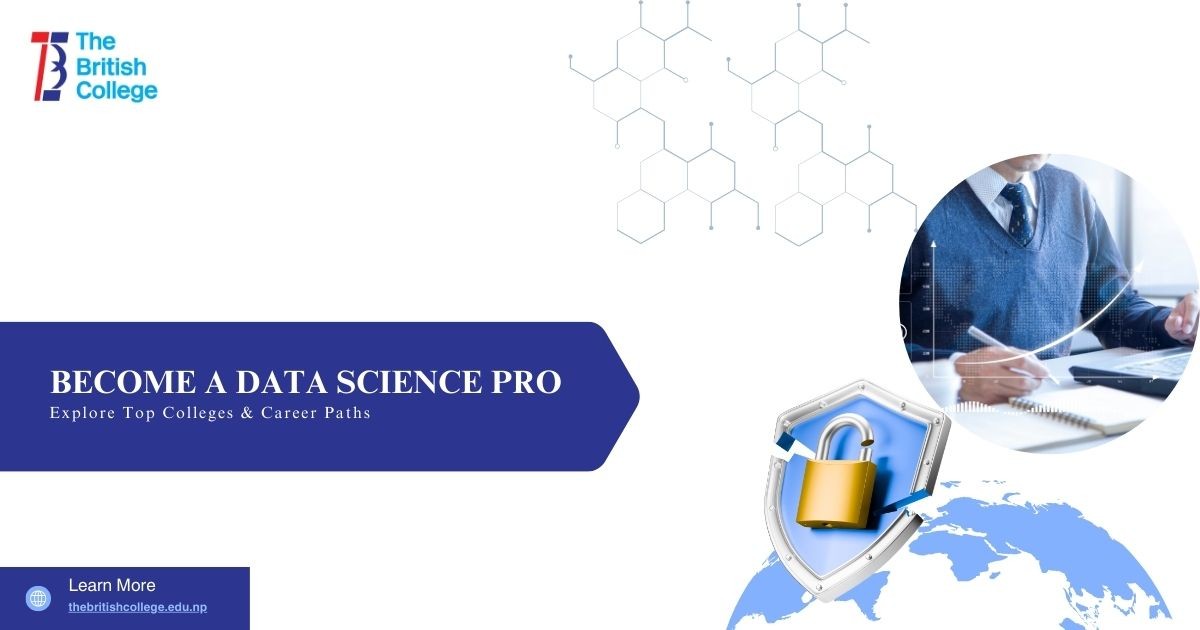
FAQs About Data Science Programs and Careers
What is the Duration of a Data Science Program?
The duration of a data science program depends on the level of the course. A bachelor's degree typically takes 3-4 years, while a master's degree can last 1-2 years. Certification courses or boot camps can range from a few weeks to even a year however this depends on the intensity and the depth of the program
Is a Data Science Degree Worth It?
A data science degree offers students a high ROI with strong job demand, comparatively higher salaries and career stability. However, a degree does not guarantee all of these perks but they can definitely assist you in the job market provided you have a solid skill set.
Can I Transition to Data Science from a Non-Technical Background?
You can absolutely transition from a non-technical background into data science. Many professionals start with learning programming languages such as Python together with gaining knowledge of statistics. Gradually you can progress and gain experience in this domain.
What Are the Prerequisites for a Data Science Program?
Most data science programs require basic programming that involves Python or R together with mathematical knowledge such as algebra, statistics and probability. Advanced degrees may also need prior experience in coding or data analysis from students but if you choose a beginner course you will not require any prior knowledge/experience.
Should I Learn Data Science?
If you have a keen interest in problem-solving, technology and data-driven decision-making, then data science would be an interesting field for you. Data science is a great field with strong job opportunities, high salaries together with numerous opportunities for career growth.
Why Data is Important?
Data science is extremely important in helping businesses and institutions with the analysis of data, making better decisions, predicting trends and patterns and generally optimising the processes involved across numerous industries such as healthcare, marketing and finance. Thus, for such reasons data science is regarded as one of the most impactful fields in the modern day.
What is Data Science All About?
Data science is a combination of mathematics, programming and business knowledge for extracting insights from various data, building predictive models and automating decision-making through the help of AI and machine learning.
Can I Learn Data Science on My Own?
Yes, you can learn data science on your own. There are numerous online courses, boot camps and projects that can build your skills in Python, machine learning and data analysis. However, pursuing a degree or on-campus course provides structured learning that can accelerate your progress.







